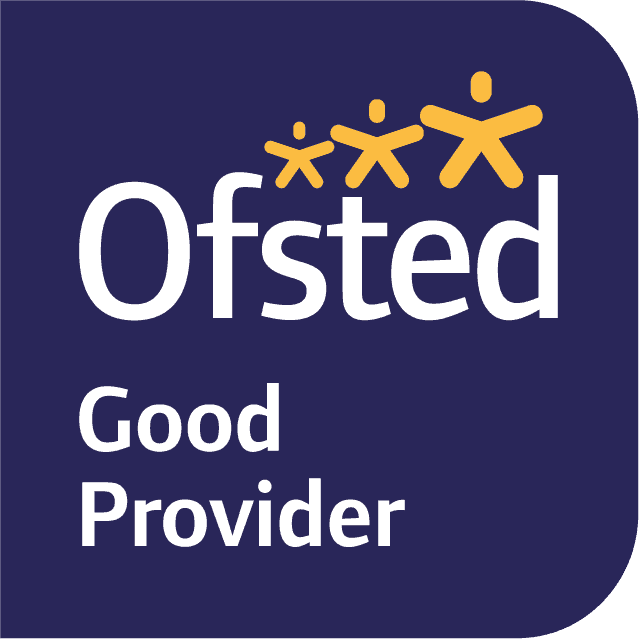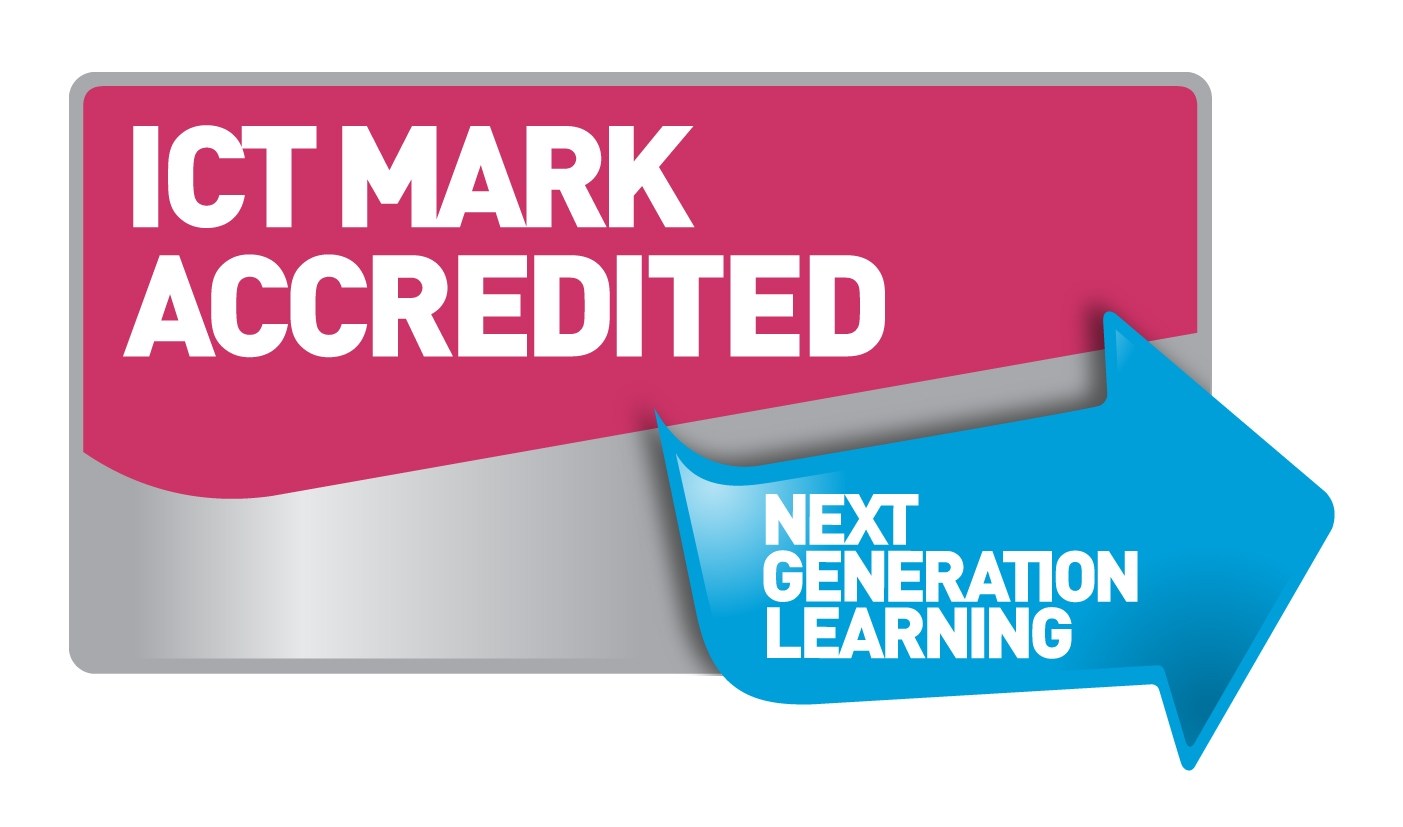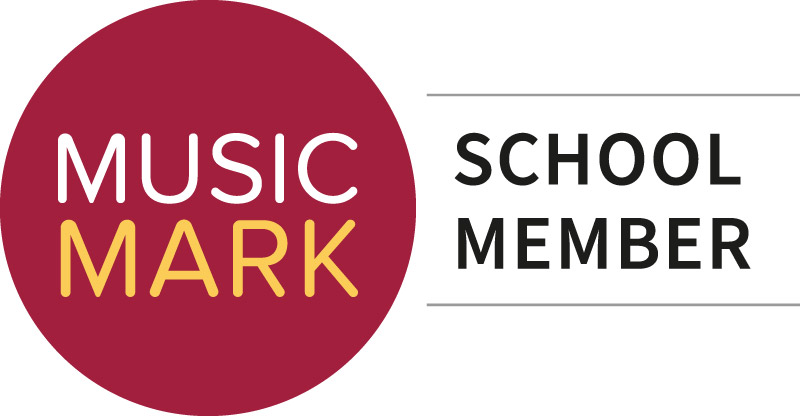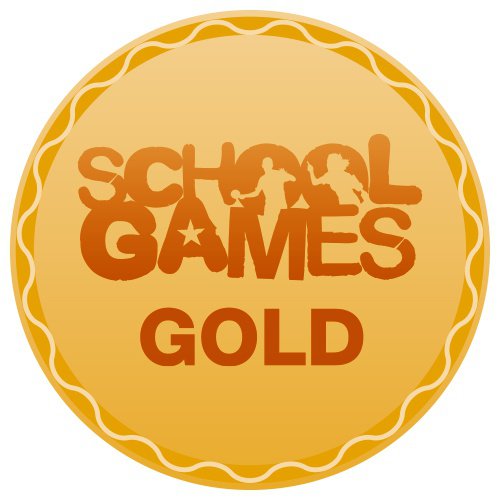Curriculum
Curriculum Subjects
Read more about our curriculum design and ethos HERE or see the links below for the detailed curriculum subject plans.
OFSTED says:
“Most teachers lead a subject. They do this skilfully. As a result, pupils enjoy a very interesting and stimulating range of lessons in all subjects.”
Art
Mr Jack Goodens
When being artists at Denmead Junior School, children will experience art in seven mediums; drawing, painting, sculpting, collage, digital media, print and textiles. Across the key stage, children will develop their mastery in these skills, giving opportunities to be resilient, curious and to self-improve, all whilst fostering a creative outlet. At its heart, art will inspire children’s curiosity so that they love learning. Children at DJS will have an opportunity to hone their creativity and build their confidence and ability to self-reflect. In all units, children will get a chance to exhibit their work, appraising and appreciating their efforts and those of their peers. Art will also give the children the opportunity to explore other cultures and people unlike themselves; aiding their own personal development and their ability to make sense of the diverse world around them, outside of Denmead Junior School.
Computing
Mr Carl Restall
At Denmead we foster responsible digital citizens with a strong foundation of digital literacy and a growing understanding of coding. All children at Denmead Junior School will have access to a range of hardware and software and will learn how to apply them to a variety of tasks.
Children at DJS will learn through a progression of knowledge and skills that aims to develop their confidence when using technology, no matter what their barriers to learning may be. Children will be introduced to concepts first through ‘unplugged’ teacher led lessons, then allowed to modify pre-existing examples where possible and finally applying their new knowledge to create something of their own. They will develop the learning power of co-operation by applying the ‘driver/navigator’ approach when applicable.
Children will develop the learning power of resilience and self-improvement through the process of debugging their code. Due to the exposure children at Denmead have to technology, both at school and at home, we instil respect and a knowledge of how to safely use technology in an ever expanding digital world.
Design & Technology
Mr Jack Goodens
At Denmead Junior School children will learn a range of strategies to help them design, manufacture and evaluate solutions to everyday challenges. Our Design & Technology curriculum has been designed to follow three main strands of project, each encompassing the overarching themes of creativity, practical expertise and evaluative critique. These strands include textiles (decorative and practical application), manufacture (structural and moving parts) and food technology (nutritional choice and cooking techniques).
The curriculum has been carefully planned so that pupils build on their learning from prior years, including their time in Reception to Year 2, and develop their metacognitive understanding of problem solving and critical reviews of their work. Children will learn to explore the key facets of a problem, discuss potential approaches to the task, experiment with different solutions and the establish their final solution through design and evaluation; all of these key skills will assist them in their knowledge of how the world around us is constantly being developed with new and exciting technologies and their own ability to help develop solutions to problems in the future.
English
Mrs Joy Painting
At Denmead Junior School we believe that reading and writing lies at the heart of all great learning. We believe that every child has the right to leave Junior school with a good knowledge of the English language, having developed the key skills of speaking, reading and writing needed to inspire curiosity and build success.
Through a use of varied and rich texts, we have developed a curriculum that aims to stimulating and motivate children to act out, have meaningful discussions and encourage them to use the written word. Throughout their time at Denmead, children will be introduced to a range of authors –old and new- and a variety of genres, in order to broaden their skills and ignite their interests within the world of English. By linking some of the texts we study to our topic-based curriculum, we also intend to develop the children’s awareness of how English can open up the wider curriculum.
Our English curriculum covers all aspects of speaking and listen, reading, phonics, spelling, handwriting and writing. It is thoroughly planned and consistently monitored and adapted to ensure that children are provided with the best opportunities to develop the following key skills:
Reading
Reading is an important part of our school day and children are given daily opportunities to engage with books and stories. Teachers read to the class every day a selection of fiction, non-fiction and poetry. Children also are given the opportunity to drop everything and read (D.E.A.R) to enjoy a book by themselves or with others.
Our School library is an important part of our school. Run by an experienced librarian and a team of year 6 children, the library offers the children a good selection of fiction and non-fiction books, newspapers and magazines that are regularly changed by the School Library Service (SLS). All the pupils also have access to the online library app SORA, where they can access E-reader books and audio books, including books in a dyslexic friendly font.
Our guided reading sessions give the children the opportunity to work in a small group, as a whole class and individually. A variety of text are used and focus is place on the discussions regarding vocabulary choices, meaning and intention as well as the reading of the text. Children are taught echo reading, an opportunity for all children to read aloud together, following the teachers example. This helps to develop pace, use of punctuation and intonation.
Children should be joining the school in Year 3 with secure phonic knowledge but if this is not the case they will be taught this in small groups using a Synthetic Phonics Program- Little Wandle- Rapid Recovery- that is designed for 7+
It is vital that children read at home every day and a ten minute daily read forms part of our home school agreement. Parents and carers are able to log the reads they complete with the children on the Boom Reader App. To encourage the sharing of books, parents and carers are given access to the school library twice a week. There, they can look books with their children, sit and read and have the assistance from a member of staff if they need it.
Writing
Here at Denmead we focus on the craft of writing. Using high quality text drivers, we learn to read as a writer, looking at the way that authors create exciting and interesting texts that help engage their audience.
We look at arrange of themes and conventions and ensure that the children have the opportunity to comprehend what they have read and analyse the choices made by the author. We read a wide arrange of texts to help the children make comparisons between texts and authors through the analysis of themes and convention.
Writing should feel real, therefore we ensure that they write for real or creative purposes and audiences and are given opportunities to develop their own creative style and express their imaginative thoughts.
It is important for the children to understand the process of writing and develop cohesion and accuracy within their writing through their awareness of the craft of the English language-read and make improvements to their work by viewing writing as a drafting and re-crafting process.
Overall, we hope that we open the children’s minds to inquiry and imagination so that they not only learn the skills needed to be competent in English but apply them in their own way to be creative and expressive individuals.
Spelling and Handwriting
We follow the National Curriculum expectations by following the Nonsense Spelling programme. Children have the opportunity to engage in spelling lessons within the English teaching and we offer access to Spelling Frame to support the learning of spelling at home.
We currently teach cursive writing in the classrooms, using a variety of resources. Children have the opportunity to earn their pen licence, when they have shown that they can produce writing in a cursive style with consistent size and shape.
Speaking and Listening
Discussion, storytelling and drama play a vital role in the English Curriculum. We encourage a variety of different opportunities to engage with speaking and listening throughout the school day and school year.
Through class assemblies, end of year productions and external providers, we provide the children the opportunity to perform and see quality performances.
In class, children use ABC discussions which help them add, build and contest throughout a discussion. Teachers use questioning to help students articulate successfully.
Drama
Children perform two class assemblies a year, and there is an annual year 6 production every July.
Geography
Mr Jack Earl
Intent
To inspire a curiosity and fascination about the world we live in. Children will deepen their understanding of physical and human geography through thoughtfully planned units, based around answering a key question, to give purpose and real life application to our learning. Due to our location, Children need to be exposed to environments which can be compared and contrasted to our area of Denmead to enhance their understanding of where they live, and how it differs to other areas around the globe. Children will develop their geographical skills and fieldwork knowledge as they will experience a range of lesson mediums to engage them and allow them to thrive regardless of learning barriers.
History
Miss Meg Ayres
When learning about History at Denmead Junior School, all children, including those with SEN, Pupil Premium and disadvantaged, will have the opportunity to be historians. By delving into different time periods and cultures, children will experience what life was like for people like and unlike themselves, and will leave our school having had the opportunity to reflect on these events and their impact on the diverse, modern world around them.
History learning at Denmead Junior School is linked from Year 3 to Year 6 with our Golden Threads- key areas of focus that will allow children to make connections between time periods, people and events, that might not otherwise be linked. They are: Inventions and Innovations, Culture and Civilisations and Conflict and Resolution. These themes will be explored in the different units taught across the school and will allow all children to explore the human side of historically significant events that are important not only to British history, but wider world history.
Throughout their time here, children will hone their historical skills like questioning, interpretation and analysis and comparing and contrasting. Whilst imperative as an historian, these skills are also transferable, allowing children to explore all aspects of their learning more deeply, giving opportunities to use critical thinking. Children will be able to express their knowledge and understanding of themes, dates, people and events through different mediums, ensuring that all learners are able to develop their own historical theories and opinions based on historical fact and speculation.
By the end of KS2, children will leave Denmead Junior School having had the opportunity to go on engaging school trips to further develop their knowledge of history in the wider and local context. They will have engaged in historical discussions about artefacts and the limitations of primary and secondary evidence from different time periods. Children will be curious about the world around them, and had the opportunity to explore a perspective that is not their own and to analyse and make judgements based on historical record and evidence on events that have shaped the world.
Mathematics
Miss Amanda Brady
Maths provides great opportunities for the children to develop their DJS learning powers
• To be curious by making observations, noticing patterns and connections and asking questions
• To concentrate by managing distractions and focusing on the learning tasks
• To be resilient by being excited by new challenges, not worrying if things go wrong and learning from mistakes
• To co-operate by listening to others, working together and sharing ideas
• To self-improve by looking for ways to correct mistakes and find more efficient ways of solving problems
At Denmead Junior School, children are encouraged to explore and overcome challenges in their maths learning, to view maths positively and to recognise the importance of maths both within school and the world outside of school.
Across their four years, children will develop their knowledge and understanding of six key mathematical areas: number and place value, the four operations (addition, subtraction, multiplication and division), fractions including decimals and percentages, measurement, geometry and statistics.
Guided by the Hampshire schemes of learning, carefully sequenced learning journeys through each unit ensure that we meet the three aims of the National Curriculum (fluency, reasoning and problem solving). Each unit builds on prior knowledge and links are made to the new material. Regular retrieval practice ensures that learning is retained and not lost and the spiral nature of the long-term plan means that each of the 6 key areas is visited more than once each year.
Prior teaching and entry tasks enable each class teacher to ensure that the guided practice is focused on the children’s needs, allowing all children to be challenged and to succeed. Gaps in learning are promptly identified and targeted. Maths learning is supported through the use of models and images and scaffolded using a concrete, pictorial then abstract approach to secure the children’s conceptual understanding.
In each maths unit, there are opportunities for the children to develop their reasoning and problem solving skills. These are underpinned by developing the children’s fluency of procedures, the learning of key facts and the understanding of key maths vocabulary. Across our curriculum, we also create opportunities to make meaningful links to maths enabling children to apply key skills in different contexts.
The doodle maths and doodle tables apps provide an engaging platform to support parents with maths home learning. The apps tailor questions to the individual child’s levels with a balance of reward and challenge. They support the children to develop their knowledge and recall of key facts as well as enabling the teacher to set assignments linked to class learning
Miss Brady usually runs two workshops for parents each year. Below please find the recent presentations:
Music
Miss Louise Gill
At DJS, we provide high quality, inclusive music education that engages and inspires a love for music in our children, as well as a desire to perform musically at home and in the community. Music is an opportunity for self-expression and creativity and we want our pupils to develop this as performers and have a feeling of self-achievement during their time at DJS.
Pupils develop their understanding of the interrelated musical dimensions through listening and responding to music, composing and performing their musical ideas. By the end of year 6, pupils will have built knowledge and understanding of music from a broad range of cultural and historical backgrounds. This teaches children to respect and show appreciation for a rich and diverse range of music. They will also learn how to record and write down their musical ideas. Every child gets an opportunity to learn an instrument in class, where they will learn how to read musical notation and perform with pride. During music lessons, children regularly demonstrate the school's learning powers as they have opportunities to work together collaboratively and to explore their creativity.
Throughout their time at DJS, children have the opportunity to perform and to feel like they are part of a community. We work with Hampshire Music Service, who support us in providing resources and create opportunities for children to learn about and make music. All children have weekly music lessons with their class teacher, and one term of learning to play a musical instrument as part of the Listen2Me programme, provided by Hampshire Music Service. Children are able to demonstrate their musical skills and understanding of performing to an audience, as well as taking pride in what they have achieved.
All pupils take part in regular singing assemblies, as well as singing together for Christmas and Easter services each year. There is also an active choir for children to join, where they regularly perform in the local community. At DJS, we offer a range of extra-curricular activities. These include the school choir, recorder club and Rock Steady. Children also have the option to learn an instrument through individual lessons from our visiting peripatetic teachers. Children can currently learn guitar and violin.
Outdoor Learning
Miss Zoe Halford
Wherever possible DJS takes the children outside to learn within our extensive Forest Garden area, which include an outdoor classroom, raised beds, a performance stage, a woodland walk, Buttercup the Caravan, a range of ponds and a wildlife area. In addition, two outdoor Adventure Residentials are run in year 4 (3 days and 2 nights) and year 6 (5 days and 4 nights).
PE
Miss Lauren Shute
Children learn about key physical attributes such as stamina, speed, balance, co-ordination and agility as well as passing, shooting/striking, throwing, catching and fielding to help them access and be successful at a range of sports.
Children have 2 PE lessons a week – one taught by their class teacher. They are taught basic skills and individual sports such as Cricket, Rounders, Football and Hockey.
In year 5 we teach all the children to swim 25 metres confidently in a range of different strokes. Children travel to Waterlooville Leisure Centre for 10 weeks in the spring term.
In addition, we have a number of after school sports clubs including Multi-Sports, Volleyball, Football, Fencing. Some of these are run by external providers where there is a charge, and others by class teachers which are free.
Personal Development Learning (PDL)
Mrs Kristen Baker
At Denmead Junior School, we aim to develop children to be motivated, well rounded, resilient citizens, who will be successful in both school and the rapidly changing wider world.
We use SCARF (Safety, Caring, Achievement, Resilience, Friendship), a comprehensive scheme of work for PSHE and wellbeing education that also covers all of the DfE's statutory requirements for Relationships Education and Health Education, including non-statutory Sex Education.
SCARF is designed as a comprehensive, spiral curriculum, with all year groups working on the same theme at the same time.
Class teachers follow the suggested six half termly units provided by SCARF for each year.
The themed units are:
1. Me and My Relationships: includes content on feelings, emotions, conflict resolution and friendships;
2. Valuing Difference: a focus on respectful relationships and British values;
3. Keeping Myself Safe: looking at keeping ourselves healthy and safe;
4. Rights and Responsibilities: learning about money, living in the wider world and the environment;
5. Being My Best: developing skills in keeping healthy, developing a growth mindset (resilience), goal-setting and achievement;
6. Growing and Changing: finding out about the human body, the changes that take place from birth to old age and being safe.
Children will learn to value, trust, respect and love themselves and others as individuals who are all different. They will develop knowledge to remain safe (in the real world and online), using strategies to maintain good physical and mental health. Children will learn, and take increasing responsibility for how to manage their academic, personal and social lives in a positive way, including conflict resolution and forgiveness through discussion within class where they will be taught to form and share their own opinions and respect those of others.
As they move through the school, they will understand the physical and emotional changes that happen during puberty and have the skills to make informed choices, develop and maintain positive relationships and learn strategies to cope with negative emotions. In addition, PDL lessons are also linked to the statutory requirement to teach about the British Values of Democracy, Rule of Law, Individual Liberty, Mutual Respect and Tolerance of those with different faiths/beliefs.
Religious Education
Mrs Natalie Pettit
At Denmead Junior school, we believe that children should have an awareness of major faiths: Christianity, Islam, Judaism, Buddhism and Hinduism. We want our children to understand the different views of other people across the school, the local area and the world. In doing so, our children understand other members of the community to make them more empathetic world citizens. We have links to our PDL curriculum where we teach our children that difference is something to be celebrated as we live in a diverse world.
Each year group teaches a different unit every half term where we explore different concepts in line with Living Difference VI. All concepts are fall into one of three categories. ‘A’ concepts are common to all people e.g. celebration, power, belonging. ‘B’ concepts are shared by many religions e.g. God, worship, symbolism. ‘C’ concepts are unique to a particular religion e.g. Dukkha (Buddhism). Each unit follows a concept cycle and is divided into 5 sections, starting at either ‘communicate’ or ‘enquire’. ‘Communicate’ is when children are encouraged to reflect on their own beliefs values and experiences. ‘Apply’ is when we give them the opportunity to consider how other people are affected by a concept. ‘Enquire’ allows our children to define what the concept actually means. During ‘Contextualise’ children have the opportunity to find out more about one or more religions and how the concept is special to them. This includes special events, rituals and celebrations. Finally, ‘Evaluate’ allows children to unpick the importance of this concept to certain groups of people.
Throughout the school, children have opportunities to show a deeper understanding of the main religions. Year 3 learn about Hinduism, Year 4 Judaism, Year 5 Buddhism and Year 6 Islam. These are not exclusive and within their learning journeys our pupils have the opportunity to explore other faiths and discover similarities between them. This allows children to demonstrate their understanding of common themes across world religions and how these are relevant to their lives. Each cohort also has the opportunity to find out about the Christian faith. We have close links with the clergy at All Saints church in Denmead, which gives the children the opportunity to take part in a service at the church and receive regular input from the All Saints team. By the end of year 6, pupils will have built upon their knowledge of both the story of the nativity and of holy week whilst having the opportunity to experience a variety of stimuli and practical experiences to bring RE to life
Science
Mr Ian Addison
At Denmead Junior School, science will give children the opportunity to learn about themselves and the world around them, stimulating their curiosity and demonstrating their link to the real world. The children will be able to explore the key science ideas in a range of contexts and they will understand the linked key vocabulary. The children will have opportunities to use a range of scientific methods and to work as scientists.
Pupils will learn key science ideas through units of linked lessons which build upon previous knowledge, skills and experiences as mapped out across all four year groups. They will have the opportunity to work as scientists by planning and carrying out fair tests and making observations, asking questions and making predictions based on what they have seen. They will learn how to take accurate measurements using a range of equipment and record their data in a variety of different ways. They will deepen their understanding of how to interpret their own and others data to try and reach conclusions.
Pupils will have the opportunity to develop science knowledge and skills through their own experiences by carrying out classroom based investigations, describing examples of key ideas in contexts they have experienced, using the school grounds, going on science focused school trips and through brought in experiences.
We believe that safety and the knowledge of how to work and learn safely is important. Pupils will have the opportunity to identify potential hazards and will recognise ways to minimise risks and know what actions to take to keep themselves and others safe.
Science will provide opportunities for the children to develop their DJS learning powers
• To be curious by making observations, noticing patterns and connections and asking questions
• To concentrate by managing distractions and focusing on the learning tasks
• To be resilient by being excited by new experiences, not worrying if things go wrong and learning from mistakes
• To co-operate by listening to others, working together and sharing ideas
• To self-improve by looking for ways to improve investigations




